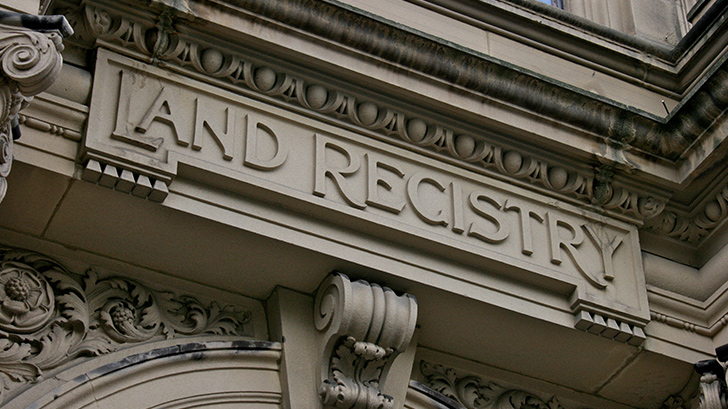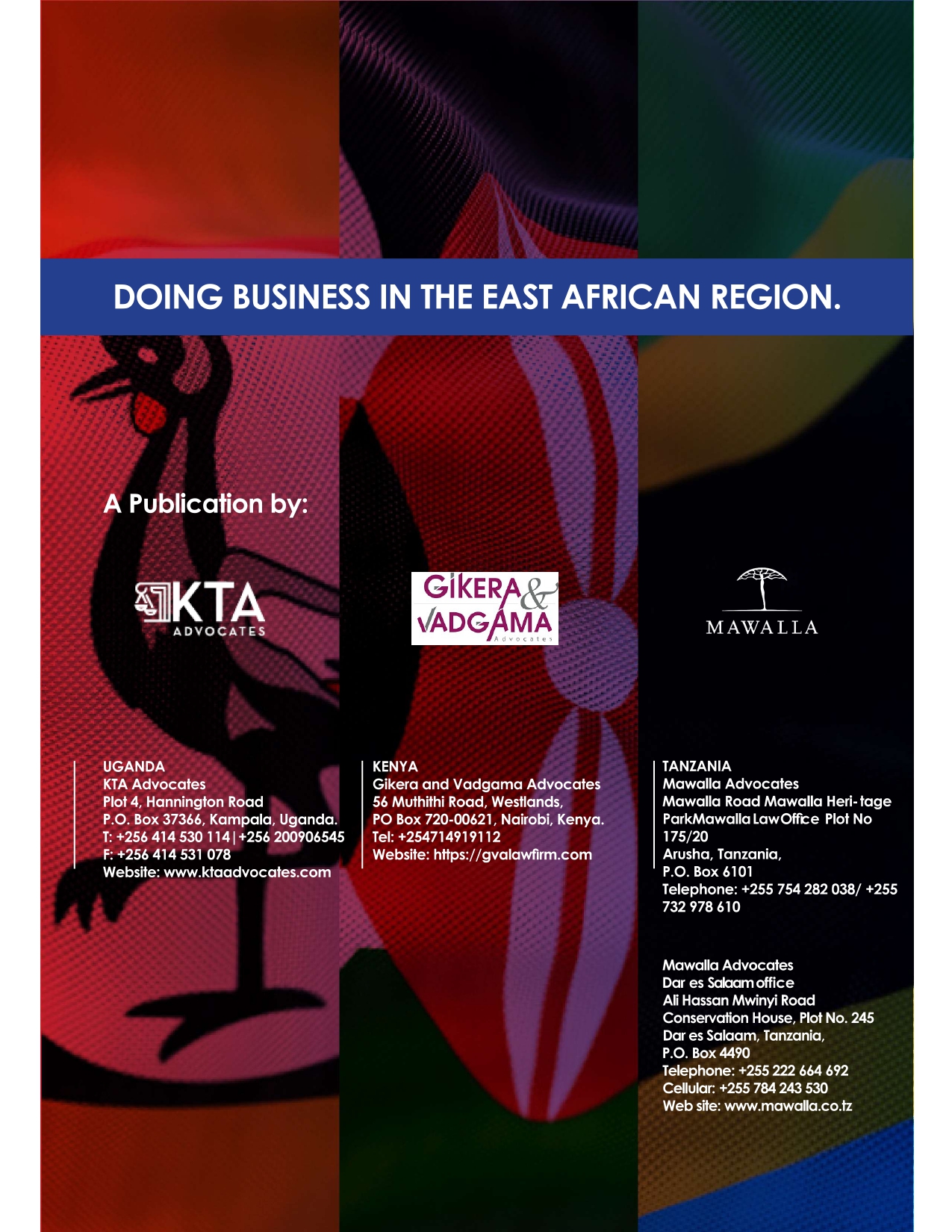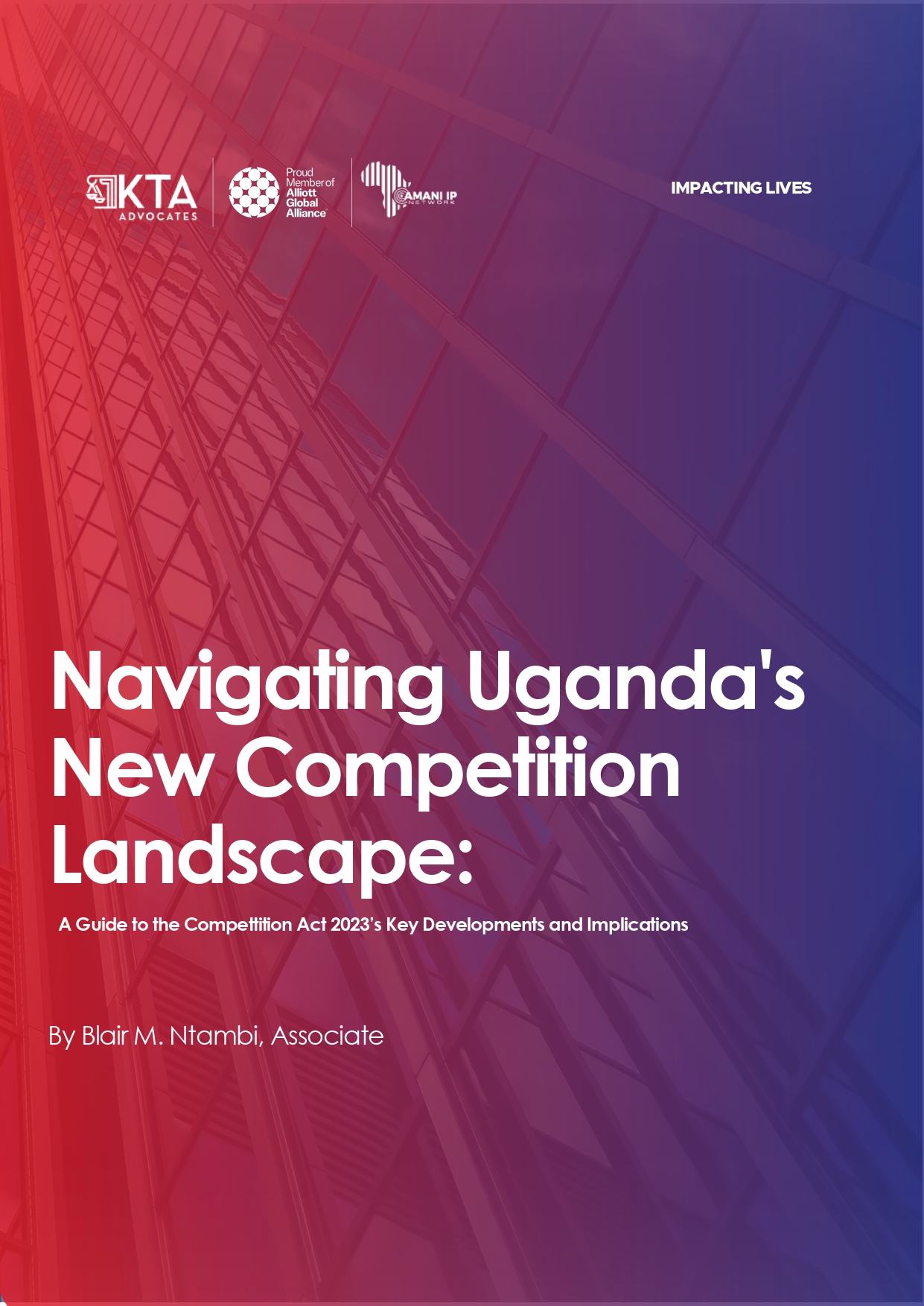Uganda has a very unique land tenure system, each land tenure type bearing different rights and modalities. The land tenure system of Uganda is comprised of Mailo Tenure, Leasehold Tenure, Customary Tenure and Freehold Tenure. Despite this comprehensive land tenure system that carries with it different protection rights, the Judiciary has a backlog of unresolved land cases that have left many individuals deprived of their source of livelihood.
This disheartening state of land affairs in Uganda is fueled by fraud and corruption in the land registries. Although a certificate of title is conclusive evidence of ownership of land in Uganda, according to the Registration of Titles Act, this provision has been watered down by the issuance of multiple titles over the same property. This state of affairs is worsened by the growth of foreign investment in Uganda where many Ugandans have been evicted from their land without compensation to make way for investment.
Various land probe committees have been appointed to investigate land claims and allegations of fraud raised by various persons. According to the Daily Monitor Newspaper of 20th February, 2018 at Page 6; it was reported that the Commission of Inquiry into Land Matters had recommended the abolition of Mailo titles in a bid to reduce the current land titles. However reduction of the current tenure systems will not solve the vice of land grabbing but rather create uncertainties for holders of Mailo titles.
Uganda’s land crisis is not premised on the land tenure systems but it stems from the Land Registries that act as custodians for various land titles and are charged with the duty of diligently protecting the land records they hold. The fraud and corruption in the land registries can be eliminated through the use of Blockchain technology which offers a long term solution to the fraud in the land registries and the multiple creation and transfer of titles. Creating a steady, unchanging, reliable registry for land titles and other registries, would ease one of the key burdens on the troubled Land Registries.
WHAT IS BLOCKCHAIN?
A blockchain is a continuously growing list of records, called blocks, which are linked and secured using cryptography. By design, blockchains are inherently resistant to modification of the data. Once recorded, the data in any given block cannot be altered retroactively without the alteration of all subsequent blocks, which requires collusion of the network majority. The versatility of blockchain means it is being widely considered as a way to manage regulatory obligations. In particular, blockchain is now seen by many as the future of land registration.
The main obstacles for property rights protections in Uganda are found within the Land Registries and without a properly working system, property rights will continue to suffer and so will the vast majority of Ugandans.
WHY USE BLOCKCHAIN?
Blockchain is currently viewed as the future of land registries due to the myriad of benefits it offers. It has the potential to greatly reduce property fraud at a time when this has become a growing concern for Uganda’s Land Registry. This is premised on the nature of the technology that does not allow alteration of records once entered and it requires collusion from all network users.
Blockchain offers a unique code for each property and this code is linked to a smart key which is only held by the owner. Transfer of the property would then require surrender of the smart key by the owner and without it, a transfer of property cannot be effected.
The use of blockchain to record property transactions could also produce more effective property management as information could be reviewed in real time with less on-going management time required.
Blockchain technology also underpins ‘smart contracts’, which are programmable contracts that self-execute when certain conditions are met, and offer the possibility that transactions could complete much more quickly when combined with a blockchain registry. For instance, title to the property could be transferred to the purchaser automatically on receipt of funds into the vendor’s account. The result would also be to speed up the registration process. With the ledger updating immediately, the registration gap would be eliminated. This, in turn, would also lead to greater efficiencies and cost savings for land registries.
INTERNATIONAL USE
Countries have long considered, explored and implemented blockchain technology in their land registries. A number of other jurisdictions are already in various stages of exploring blockchain-based land registries. To that end, Uganda is not venturing into deep waters that have not been tested by other states.
- Ukraine – the government has entered into a partnership with a blockchain provider, and passed a new law to allow foreign ownership of real estate, in the hope that foreign investment will drive up a market that has fallen by 70 per cent since 2008. The view is that before foreign investors are willing to invest in the Ukraine, it is vital that the state is seen to be modernizing and combatting corruption. Blockchain, with its greater transparency and the potential reduction in fraud, is therefore viewed as a vital component of the Ukraine’s intended real estate revival.
- Republic of Georgia has already agreed to use blockchain to validate all government related property transactions. Since its launch in February 2017, Georgia’s blockchain provider has helped implement property registration and has registered more than 100,000 documents.
- Sweden believes blockchain could save the Swedish taxpayer over $100 million by speeding up transactions, reducing paperwork and minimizing fraud. This is an example of blockchain being utilized by an already well-established and competent land registry.
- Ghana and India are also considering blockchain.
However, blockchain will not remove the issue of incorrect data and the requirement for clean inputs. It will be necessary for countries to devise a system that verifies the data entered onto the blockchain.
Many other countries have adopted blockchain technology in their land registries and this digitization of the land registries has led to efficient performance of the land registries and a reduction in fraud.
HURDLES TO OVERCOME
During this journey of adoption of blockchain technology, there are certain hurdles that must be overcome to ensure smooth running and use of the technology.
- By its very nature, Blockchain feeds off the data recorded on to the computer network. This data collection, processing and storage raises concerns with data protection. Accordingly, it is vital that the blockchain system complies with relevant data protections laws. As the technology develops, new laws will need to be passed to ensure the proper regulation of blockchains in Uganda’s growing technology sector. In particular, the execution of smart contracts and electronic title transfers.
- A blockchain registry is also only as good as the data that is inputted. Land registries will also need to give careful consideration to incorrect date entry and the resulting fidelity of the blockchain. Given the complexities of blockchain, it will not be a panacea for all land registration ills.
- The time and cost of adopting blockchain to record land transactions in their pursuit of a fully operational blockchain registry.
- Finally, the biggest hurdle presents itself in onboarding land owners to embrace the new system given the high levels of illiteracy in Uganda.
THE FUTURE
Blockchain has been adopted by countries looking to attract external investment by making property ownership more reliable and secure. However, even for those countries with well-established land registries, the potential cost savings and improved speed of transaction is likely to be enough to engage the relevant authorities.
Conclusively, the adoption of blockchain technology in Uganda will protect people’s land rights due to its incorruptible nature and security.



